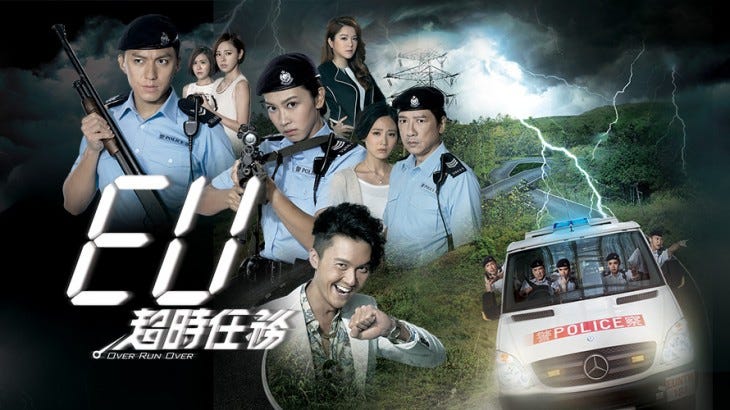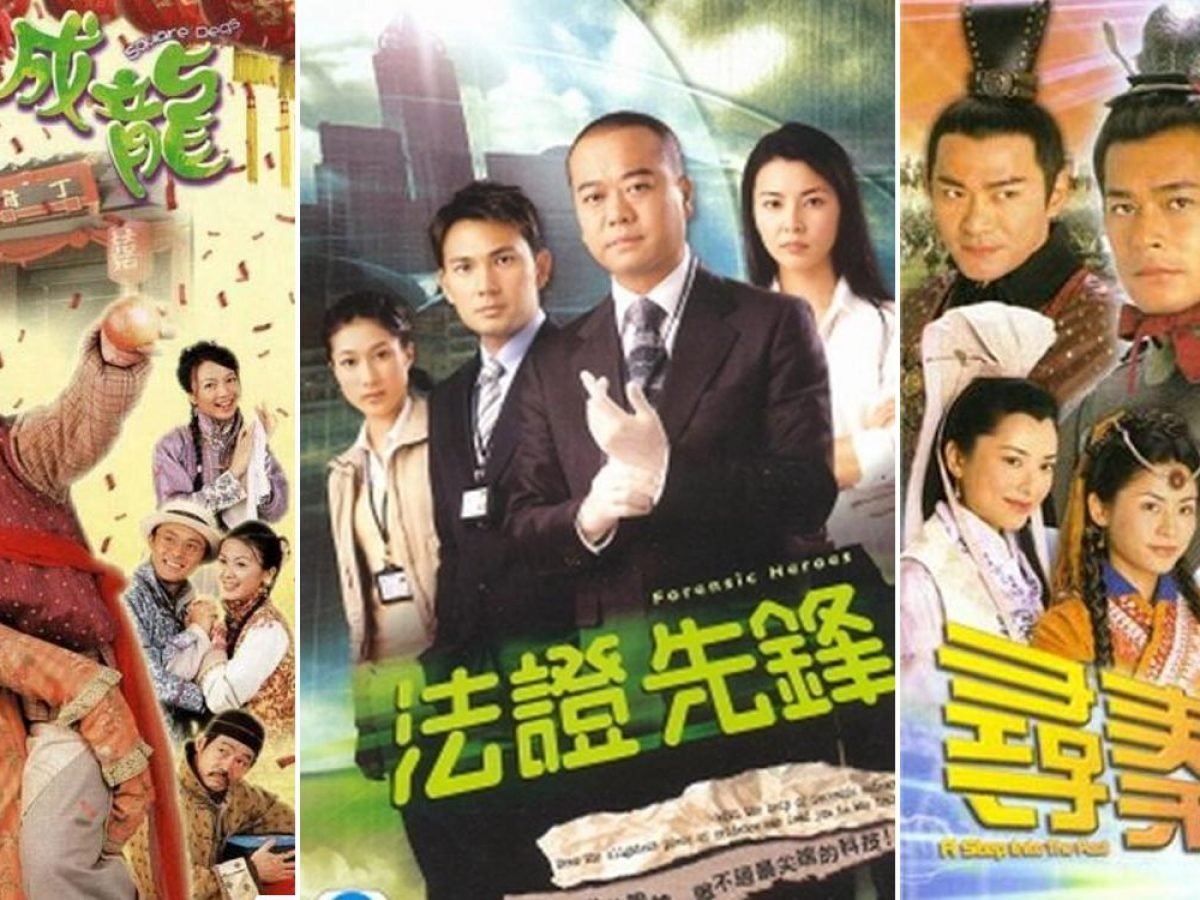
Upright Police Officer, Disgraced Police Officerĭonnie Yen stars in Raging Fire as Officer Cheung, an honorable detective who refuses to compromise his values, even in the face of political pressure from higher-ups in the force. The film is a worthy rendition of the tried-and-true classic police drama-but it begs the question of whether the genre is overdone and out of date for contemporary Hong Kong.

Starring Ip Man star Donnie Yen and singer-actor Nicholas Tse, Raging Fire delivers high production quality with plenty of gunfights and action to keep audiences entertained. Raging Fire is Hong Kong’s latest entrant to the cop drama genre. Some of the city’s most notable cinematic wins like Infernal Affairs center around the drama between triads and police, and the action that results when the two groups clash.

But hopefully it will continue to show more of the real Hong Kong in a daringly diverse way not seen in the region’s own conservative media.Police dramas are a major cornerstone of Hong Kong’s film industry. It’s either down to guerrilla film-makers or, indeed, an outside operation like Strangers, to portray student protesters like Lau and Becky throwing paint bombs or flying banners.Īt times, Strangers’ complex plot can get in the way. With many Hong Kong productions now heavily dependent on co-financing with China, it’s difficult for anyone working in the industry to express support, let alone depict the zeitgeist of their own home without the risk of being blacklisted. Most importantly, since 2014’s Umbrella Revolution, Hong Kong’s socio-political activism has been a constant presence, but you wouldn’t know it from Hong Kong’s mainstream media. Essentially, Lau’s hook-up with fellow troublemaker Becky is something that would simply never exist on a Hong Kong network. Even years after the death of Hong Kong’s greatest and openly queer star Leslie Cheung, mainstream networks are still so conservative that queer plotlines rarely exist unless tinged with homophobia. It’s not just ethnicity where Strangers shows up the Hong Kong media’s lack of diversity. In contrast, its appearance in Strangers involves a mundane and perfectly legitimate transaction between Jonah and a phone vendor.

It played on the area’s reputation as a refuge for illegal immigrants and drug trafficking. He’s not the most well-wrought character, but there’s an acknowledgement that people like Faraz exist in Hong Kong.Ībout the closest thing Hong Kong film has shown of its ethnic minorities is perhaps Wong Kar Wai’s 1994 cult classic Chungking Express, and even this is only through the infamous Chungking Mansions.

In Strangers, we get a glimpse of this through the eyes of Pakistani migrant Faraz, shacked up in a squalid part of the city and getting up to dodgy dealings in a desperate bid to hitch a flight to the UK. Other groups, including Indians, Pakistanis and Filipinos – the latter are Hong Kong’s largest ethnic group, comprising the majority of the territory’s domestic workforce – have zero representation in mainstream Hong Kong media.
#Hong kong drama police serial
Born to an English father, his mixed ethnicity had subjected him to the Hong Kong film industry’s institutional racism, where he has often been typecast as the villain (ironically, it was his award-winning role as a cannibalistic serial killer in crime-thriller The Untold Story that propelled him to stardom). This isn’t just one white man’s story, but a web of stories, including of those who live there. Nonetheless, Strangers is an interesting ensemble, that includes suspicious ex-cop David Chen, played by Hong Kong actor Anthony Wong, as well as his rebellious activist daughter Lau, played by Katie Leung. However, that population is virtually non-existent on mainstream broadcasters such as TVB, which has only had a handful of non-Chinese actors in its 50-year history.Īdmittedly, the non-Chinese characters we see are mainly affluent British and Australian expats, more of a benefit to an audience that doesn’t have to spend their entire evening reading subtitles (though a couple of English characters turn out to be fluent in Cantonese). We get away from that “stranger in a strange land” cliche because we get to see Hong Kong as a bilingual territory, made up of other ethnicities, which actually account for 8% of its population.


 0 kommentar(er)
0 kommentar(er)
